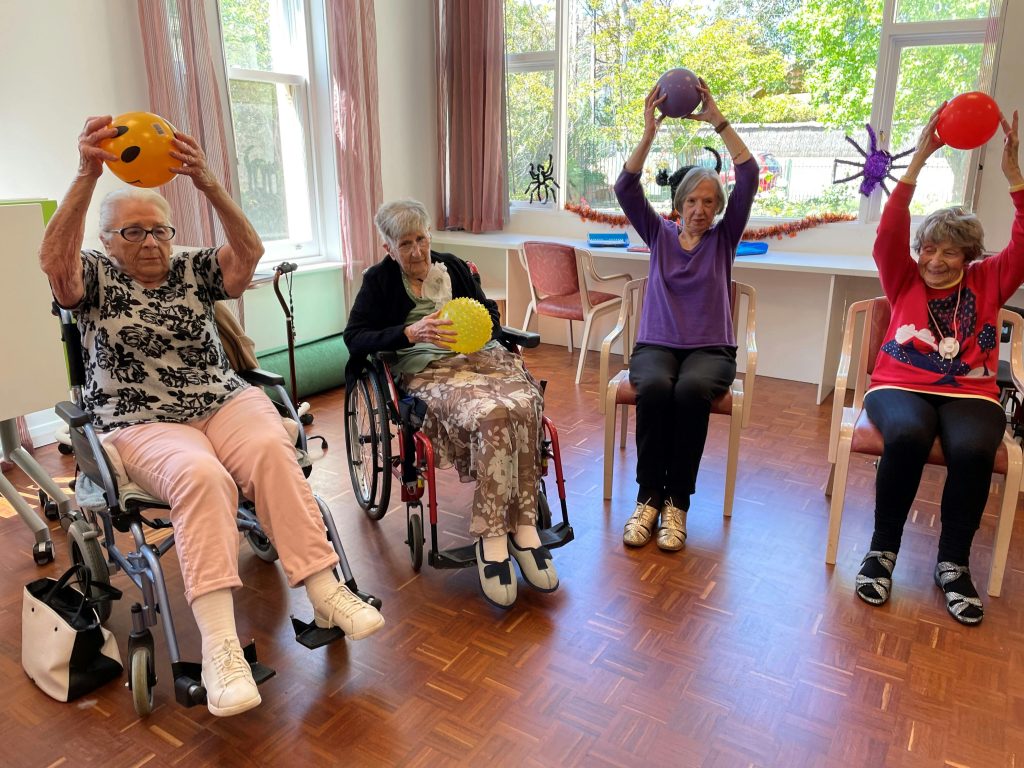Monthly, we review recorded calls between our community sales representatives and prospects, facilitated either through website phone tracking systems or mystery shop companies. The objective is to analyze their communication, evaluate inquiry handling, rapport-building, and discovery skills, and identify areas for coaching and improvement within our senior living sales teams.
Listening to these calls can be challenging, but they provide valuable insights. Here are some key do’s and don’ts for making a positive first impression with prospects.
1. Minimizing Hold Times It’s a costly mistake to keep potential leads waiting on hold for extended periods. While on hold, they should receive updates on the expected wait time and alternative contact options such as email or live chat to ensure a seamless experience.
2. Perfecting Phone Etiquette Without the benefit of visual cues, a salesperson’s tone of voice becomes paramount during phone inquiries. Investing in coaching and incentives can help enhance phone etiquette, ensuring callers feel valued and engaged.
3. Conversational Discovery Instead of treating inquiries like interrogations, aim for natural, conversational discovery. Salespeople should focus on listening, asking relevant questions, and empathizing with the caller’s needs, fostering rapport without overwhelming them with a checklist.
4. Strategic Tour Booking Avoid rushing to schedule tours without fully understanding the prospect’s situation. Salespeople should ask probing questions during the call to tailor the tour experience to the prospect’s unique needs and preferences effectively.
5. Emphasizing Value Over Real Estate Shift the focus from selling real estate to highlighting the community’s care, resources, and lifestyle offerings. Prospects are often seeking solutions beyond property, so emphasizing the community’s value proposition is crucial.
6. Personalized Solutions Resist the urge to push current inventory onto prospects. Instead, focus on finding solutions aligned with their needs and preferences, ensuring a personalized experience that builds trust and rapport.
7. Transparent Communication Avoid evasive or opaque responses to inquiries, as transparency builds trust and helps prospects self-qualify. Foster a culture of transparency throughout the organization, encouraging open communication at all levels.
8. Clear Communication Eliminate industry jargon and technical terms from phone interactions, opting for clear, straightforward language that resonates with prospects and avoids confusion.
9. Establishing Next Steps Every inquiry call should end with a clear next step, whether it’s scheduling a tour, assessment, or attending an event. Salespeople must record prospect information and follow-up tasks to ensure no leads fall through the cracks.
Consistent training, coaching, and follow-up are essential to maintaining sales excellence. Consider leveraging mystery shopping and specialized training resources to continually refine sales techniques and improve performance.



